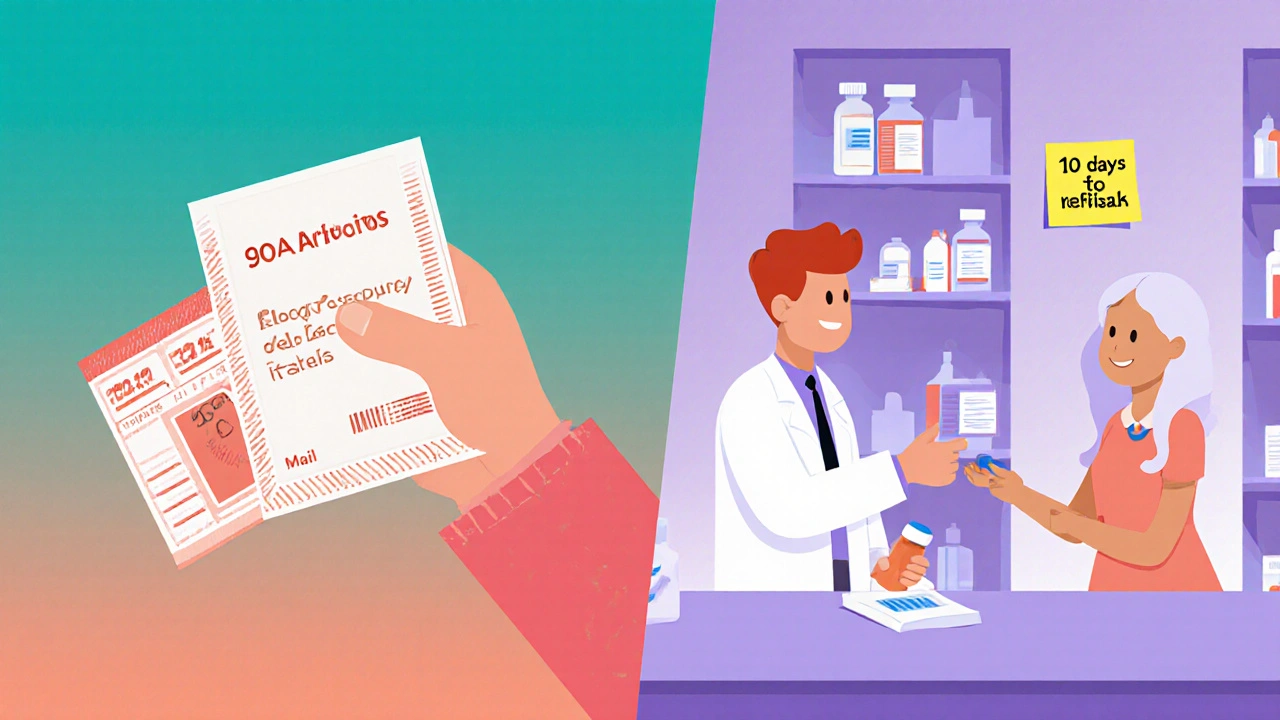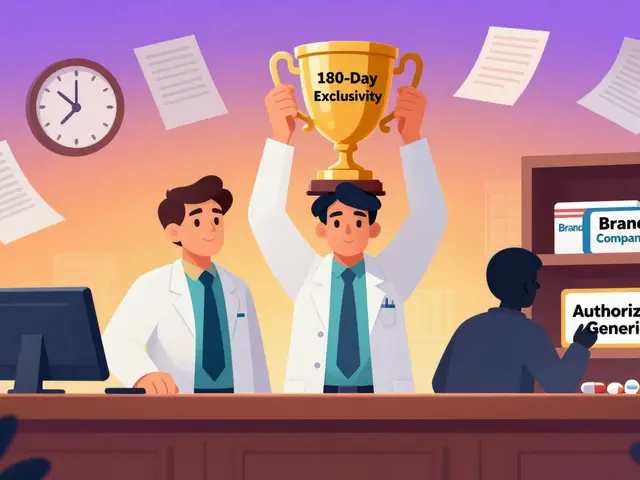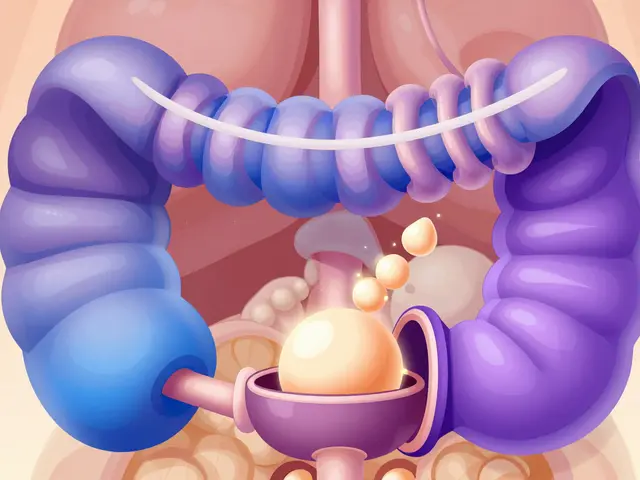The health sector in Nigeria is currently facing a dire situation as the costs of essential medications, notably including Ventolin inhalers for asthma, various antibiotics, and other crucial drugs have seen an unprecedented rise. This worrying trend, fueled by a combination of inflation, the devaluation of the naira, and an increase in the prices of imported goods, is causing significant distress among patients. The situation is particularly acute for those requiring ongoing treatment for chronic diseases such as kidney failure, diabetes, and asthma, with many citizens expressing their concerns over the soaring expenses associated with their medical care.
One telling example comes from Mr. Ambrose Adishi, a patient requiring regular kidney treatment, who has opened up about his struggles to cope with the surging prices of necessary drugs. "The cost is tearing my finances apart," he lamented, revealing the personal toll these increases are taking on individuals. Moreover, the impact is evident across social media platforms, with numerous Nigerians sharing their experiences. Abdulateef Adekunle, for instance, highlighted on Twitter how his expenses for malaria treatment have more than tripled, soaring from N10,000 to over N35,000. Similarly, Jazmine Roy, grappling with asthma, reported an astounding expense of N70,000 for a single inhaler, up from much lower costs in prior years.
These personal accounts underscore a broader healthcare crisis in Nigeria, a crisis compounded by several key issues. The country's pharmaceutical sector is hampered by limited local production capabilities, resulting in a heavy reliance on drug imports, predominantly from China and India. This dependence is a double-edged sword, making Nigeria vulnerable to fluctuations in global markets and supply chains, aspects notably disturbed by the ongoing COVID-19 pandemic. Other domestic hindrances include the withdrawal of fuel subsidies, insufficient human resources, and an unreliable electricity supply, all of which serve to exacerbate the plight of the healthcare system.
As the cost of medication continues to rise, the consequences for Nigerian citizens are severe. Many are forced to forego necessary treatments or ration their medication, potentially jeopardizing their health. The situation sheds light on the need for dramatic reforms within the healthcare sector. Experts argue that boosting local drug production could serve as a critical step towards mitigating these issues, reducing the reliance on unpredictable international markets, and ultimately making healthcare more accessible and affordable for Nigerians.
Government officials and healthcare policymakers are being called upon to address these challenges head-on. Proposals range from investing in the local pharmaceutical industry to revisiting pricing regulations and healthcare funding. Moreover, there is a pressing need for initiatives aimed at improving healthcare infrastructure, from electricity supply and distribution channels to human resources development. With comprehensive and concerted efforts, stakeholders hope to reverse the current trend, ensuring that essential medications become both accessible and affordable, enabling Nigerians to manage their health without financial despair.





Sarah Fleming on 24 October 2025, AT 05:51 AM
It is no coincidence that the price of a simple inhaler has ballooned to a fortune overnight; the shadowy cabal of multinational pharma giants, in lockstep with the Nigerian elite, are orchestrating a silent war on the populace.
Their agenda is not humanitarian but profit‑driven, exploiting the devaluation of the naira as a smokescreen for their greed.
Every inflated N70,000 tag on a "Ventolin" inhaler is a calculated move to keep citizens dependent on imported drugs that they cannot produce themselves.
The media, complicit in this charade, whispers about inflation while ignoring the clandestine subsidies funneled to foreign conglomerates.
Behind the scenes, secret contracts with Chinese and Indian manufacturers are signed in dimly lit rooms, with clauses that guarantee price hikes regardless of market conditions.
These agreements are hidden from public scrutiny, protected by layers of bureaucracy that only serve to obfuscate accountability.
Meanwhile, the average Nigerian watches their savings evaporate as they scramble for an ounce of relief from asthma or a single dose of antibiotics.
One can see the fingerprints of a larger geopolitical strategy, where controlling health outcomes becomes a lever of influence over a nation’s stability.
It is a classic divide‑and‑conquer tactic, ensuring that the people are too exhausted by their own ailments to rise against corrupt governance.
Even the government’s promises of subsidies are mere whispers, quickly drowned out by the roar of corporate lobbying and the thumping of offshore accounts.
The repeated cycles of devaluation, fuel subsidy removal, and electricity blackouts are not random mishaps but synchronized blows that keep the pharmaceutical market volatile and ripe for exploitation.
Without a home‑grown pharmaceutical industry, Nigeria is left clutching at foreign lifelines that are deliberately made fragile.
The solution is clear: break the monopoly, invest in local production, and strip the conspirators of their shadowy grip on our health.
Until then, the nightmare of unaffordable medication will persist, feeding the very chaos that the hidden puppeteers crave.
We must awaken, unite, and demand transparency before our health becomes a commodity sold to the highest bidder.